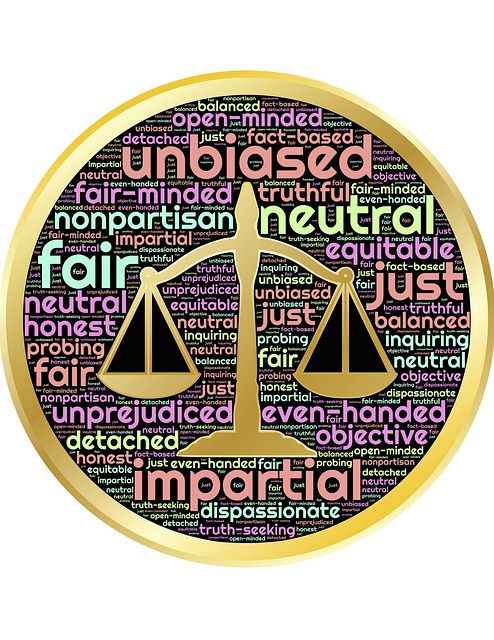The Canadian Bar Association Futures Report tells us that there is “a serious access to justice problem in Canada,” and the Supreme Court of Canada agrees. The race is on for the legal profession to adapt and innovate to address the access to justice issue and to re-think the current legal model; but, there is an often overlooked aspect of access to justice I refer to as an “access to knowledge” problem. The “A Road Map for Change” report from 2013 notes that:
In Canada, over 20% of the population take no meaningful action with respect to their legal problems, and over 65% think that nothing can be done, are uncertain about their rights, do not know what to do, think it will take too much time, cost too much money or are simply afraid.
These statistics show a gap not just in accessible justice for Canadians, but a gap in the most basic legal knowledge by Canadian society which needs to be reduced in order to effect real change within Canada’s legal system.
One way of reducing the “access to knowledge” issue in Canada is to educate people on their basic legal rights, and the earlier the better. Learning about legal rights and how the courts work should be a fundamental part of our mandatory school curriculum. It is not difficult to imagine a school program that explains some of the unmet legal needs of people in areas such as consumer rights, employment, housing, and personal injury, using plain language and teaching students where to find more information if these rights are infringed or engaged.
Another problem: where do you go to find legal information that you can trust? It’s like not being sure which news feed you can trust regarding current events. How does a person trying to find legal information online know if what they find is current, relevant, and reliable? This relates to a legal information system which is poorly designed for navigation by the average person. A possible solution, suggested by the Action Committee on Access to Justice in Civil and Family Matters report, is a collaboration and coordination of resources by the government and legal organizations to help unify information online. People would then be able to search a single database for legal information that they know is trustworthy and up to date. This step alone would be a big step in improving “access to knowledge.”
Statistics show estimate that Canadians seek legal advice for approximately 11.7% of justiciable events. This statistic may point to a lack of both money and time for the average Canadian to deal with legal issues. But it also shows that the average person likely does not fully understand their legal issues, their legal rights, and alternative places to go for help and advice with their problem. While the legal profession and the government work to find solutions so that all Canadians have access to justice, an important first step in a solution may be to ensure that all Canadians have access to legal knowledge as well.



Provide Feedback